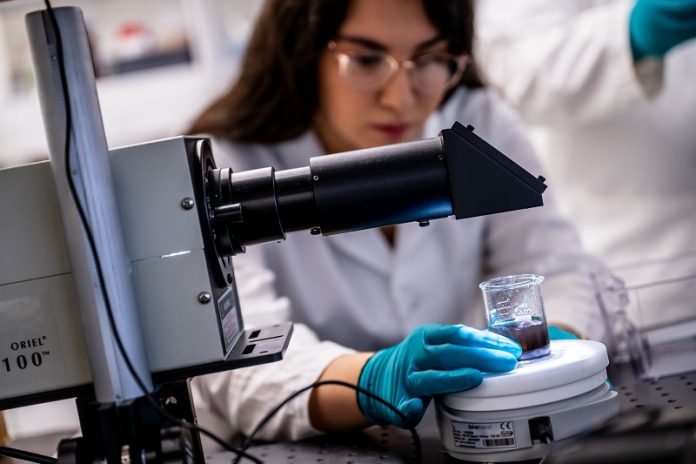
Chemical engineers at the University of British Columbia (UBC) have created a groundbreaking system that can trap and destroy harmful “forever chemicals” in water.
These substances, known as per- and polyfluoroalkyl substances (PFAS), are widely used in products like waterproof clothing because they resist heat, water, and stains.
However, PFAS are also dangerous pollutants, often contaminating surface and groundwater, where they have been linked to cancer, liver damage, and other serious health problems.
PFAS are incredibly difficult to break down, both in the environment and in the human body.
Dr. Johan Foster, the lead researcher and associate professor of chemical and biological engineering at UBC, explained, “Our system can remove and destroy these substances from the water supply before they pose a threat to our health.”
The UBC team has developed a system that combines an activated carbon filter with a special, patented catalyst.
This catalyst traps harmful chemicals and breaks them down into harmless components, a process known as adsorption.
The system works quickly, processing large volumes of water in a two-step process that both captures and destroys PFAS. Many existing treatments only capture the chemicals, but this new system does both, providing a long-term solution.
One of the standout features of the UBC system is that it requires less ultraviolet (UV) light than other methods to function.
During testing, the system consistently removed over 85% of PFOA (a type of PFAS) even under low light conditions.
This means that it can be effective in various settings, including regions with limited sunlight, such as northern municipalities.
The versatility of the catalyst suggests that it could potentially be used to remove other types of persistent contaminants from water, offering a promising solution to broader water pollution issues.
The UBC team believes this technology could be a cost-effective option for municipal water systems as well as for specialized industrial cleanups.
To explore commercial opportunities for their invention, the researchers have founded a company called ReAct Materials.
According to Dr. Foster, their catalyst can eliminate up to 90% of forever chemicals in water within just three hours, much faster than other solutions currently available.
Additionally, because the catalyst can be made from forest or farm waste, it is more economical and sustainable compared to more complex and expensive methods.
This innovative system offers a new hope for tackling the widespread issue of PFAS contamination in water, making our environment safer and healthier.



